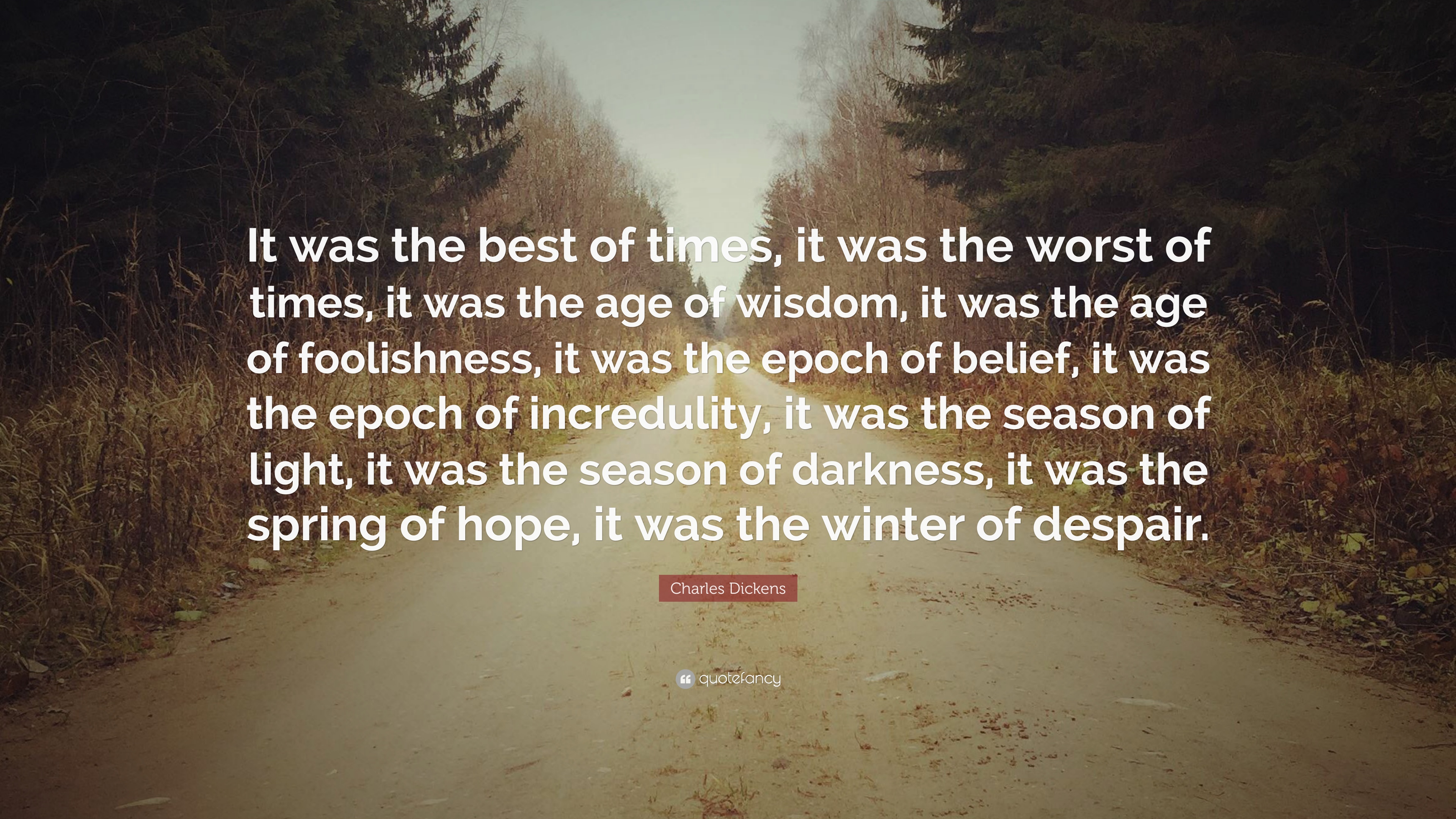
I am a qualitative health psychologist based at the University of Bristol. Our team (from Bristol, UCL, Keele and the Practitioner Health Programme) are conducting a qualitative study exploring the experiences of GPs living with depression, anxiety, stress and/or burnout. We are hoping that our findings will help define the barriers and facilitators to help seeking for this group, as well as illuminating participants’ experiences of mental illness in a resonant manner.
Our analysis is ongoing, and of course we hope to publish our findings in several high impact journals. However, we wanted to communicate our research findings to a wider audience and engage the public with this topic area using a more dynamic and creative approach.
In collaboration with The Elizabeth Blackwell Institute at the University of Bristol, the study team have commissioned Viv Gordon, an innovative and talented dance artist with lived experience of mental illness to communicate the findings of our study. Viv has used anonymised transcripts as a source material to create a performance piece called Pre Scribed (a life written for me), which will be performed at the opening night of the Feel It Festival (http://www.bristol.ac.uk/blackwell/public-engagement/feel-it/). Having seen a preview of the script, Ruth Riley, the Principal Investigator of the study, said that “Viv has crafted a sensitive and imaginative tragi-comic performance piece based on a doctor’s life script while examining and engaging with some of the paradoxes of being a doctor-patient. This is an unforgettable, emotive and hard-hitting piece, not to be missed.”
Viv says of the experience:
The research transcripts offer such rich stories, such important stories, that it feels a great privilege and also a great responsibility to translate them into a performance that captures the complexity of the GP experience. The challenge for me is to offer something that illuminates the research without telling the audience what to think or how to feel but instead raises questions, curiosity and dialogue. My own experience of having what I call a “high functioning breakdown” a few years ago is helping me connect with the internal tug of war that goes on for people who are genuinely doing their very best under unmanageable circumstances. It’s important to me that I’m coming at the subject with that personal understanding and I hope that can add weight and authenticity to the performance work.
As an academic, it can be discouraging to feel that no matter how important and insightful the findings of a research project may be, they are likely to have a pretty limited audience. Most researchers will talk about wanting to do work that makes the mystical and revered ‘Real Life Difference’, but the reality can often be more about inciting the same half dozen people one sees at every conference to a lukewarm discussion before heading off to the buffet. It is therefore really refreshing to see our findings turned into something with genuine emotional power, and the potential to reach a diverse audience.
I would love to feel that our work had the potential to influence governmental policies on support for GPs, and who knows, maybe it does. What I am sure of, though, is that Viv’s piece will engage members of the public, who may then approach their GPs with more empathy, and read their Red Tops with more skepticism. And of that, I feel truly proud.








